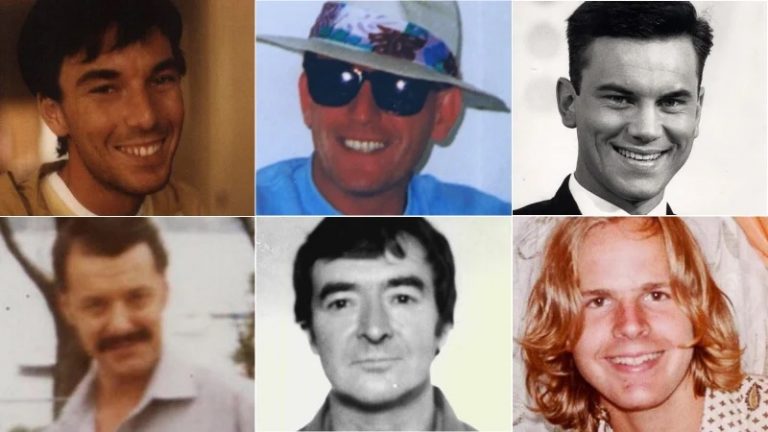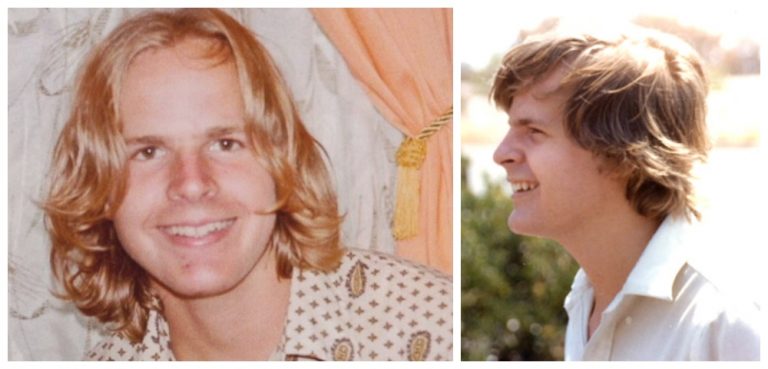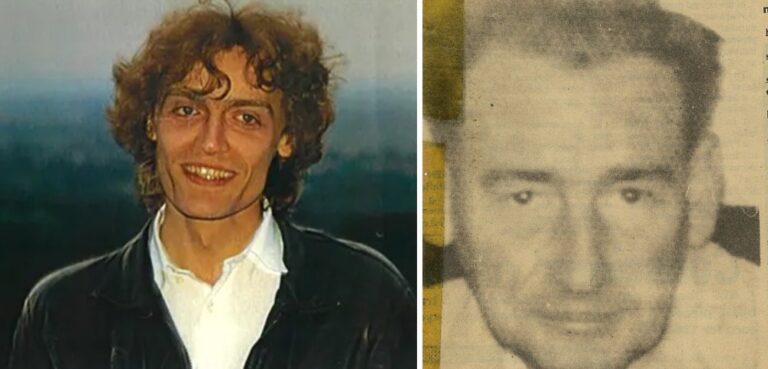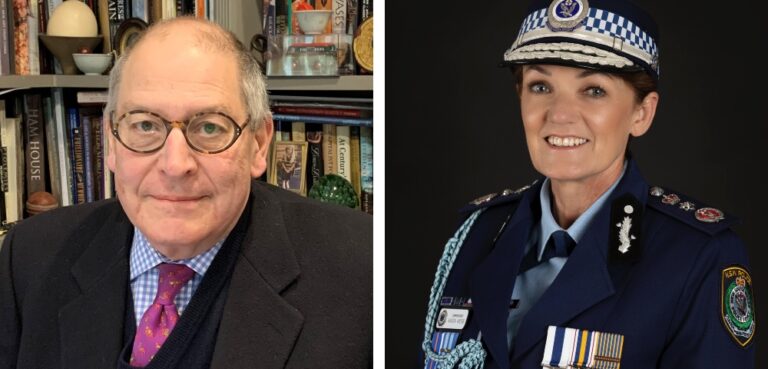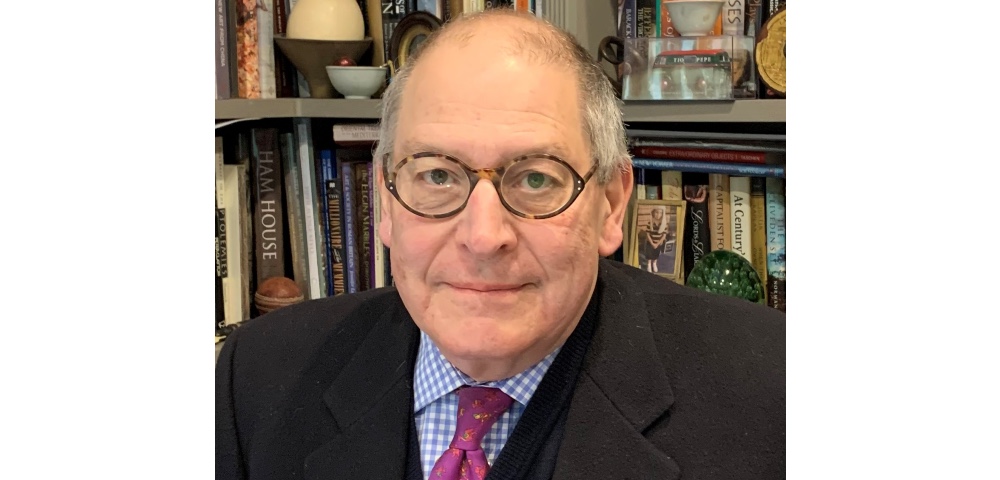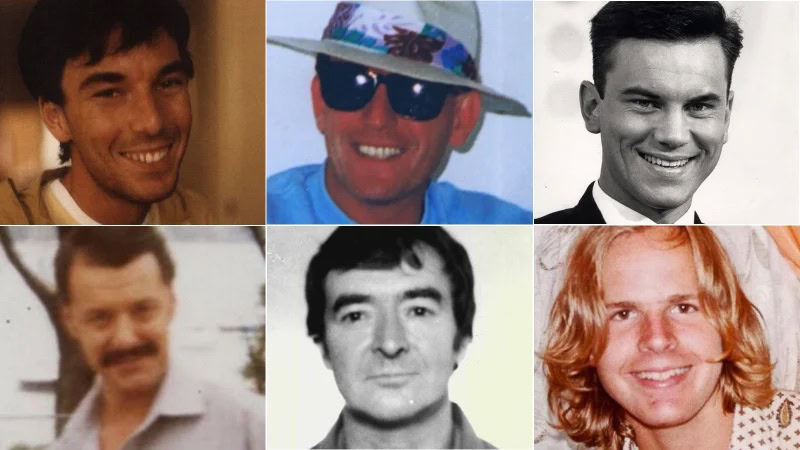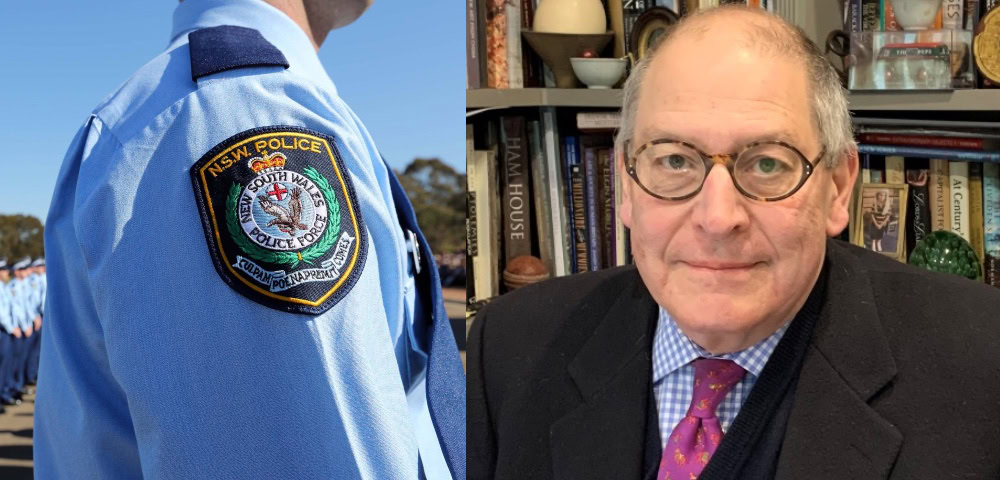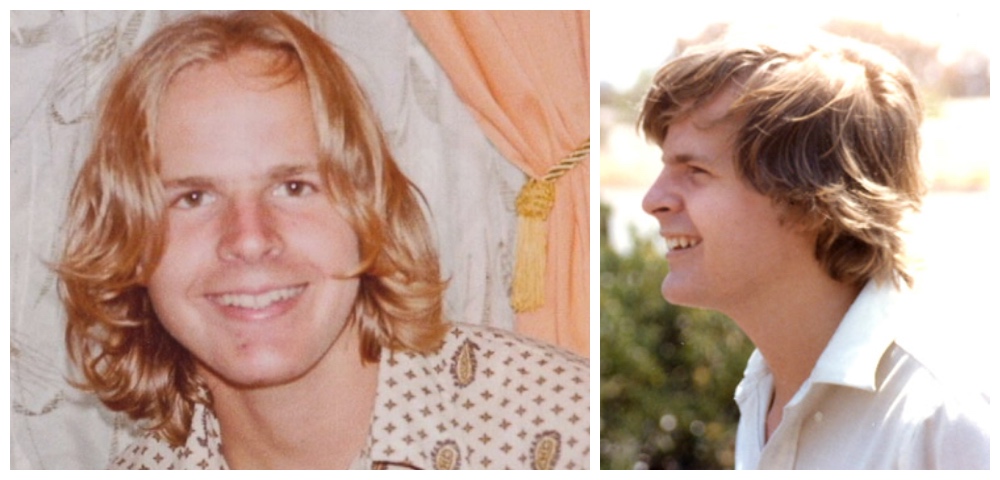
Sexuality A Factor In Anthony Cawsey’s 2009 Stabbing Death In Sydney Park, Gay Hate Inquiry Told
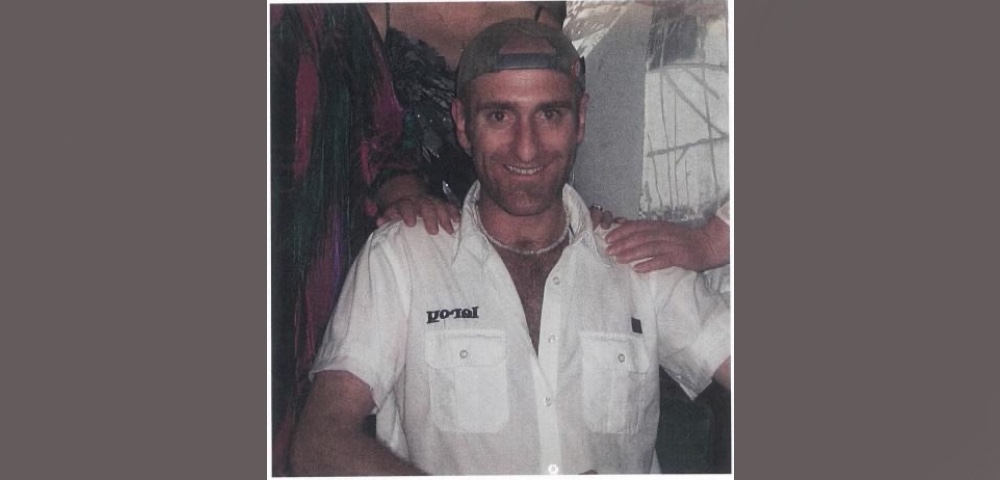
Unidentified DNA evidence in the murder of 37-year-old Sydney resident Anthony Cawsey should be regularly run against NSW and national DNA databases to check if it matches an accused in the future, a gay hate inquiry heard on Monday.
The special commission of inquiry, headed by Supreme Court Justice John Sackar, is looking into unsolved deaths of gay men and trans women in Sydney and NSW between 1970 and 2010.
On September 26 2009, Cawsey, a “charismatic and kind” stagehand was found stabbed to death in Centennial Park in Sydney’s east by morning exercisers.
Sexuality A Factor In Cawsey’s Murder
Cawsey was found with a single stab wound to his chest, with his pants pulled down revealing a pair of pink women’s underpants and a black G-string.
The commission heard that Cawsey had walked to the park, which was a well-known gay beat, from his Redfern flat in the early hours of the morning. He was on a gay telephone chat line and engaged in phone sex with a man just before his death.
“All of these circumstances give rise to a reasonable suspicion Mr Cawsey was the target of an attack on the basis of the expression of his sexuality,” counsel assisting told the commission, adding, “The circumstances of Mr Cawsey’s death give rise to a possibility his sexuality was a factor in the attack which caused his death.” Since Cawsey’s killer remains unknown, there was no conclusive evidence that his murder was an anti-LGBTQI hate crime.
Forensic Testing
Twenty-four-year-old Moses Kellie was a person of interest and NSW police charged him in connection with Caswey’s murder. The case against Kellie, who has since died, was however dismissed for lack of evidence. Counsel assisting said that there was no evidence, including DNA evidence, linking Kellie to the murder.
The inquiry heard that while the police investigation was “extensive and thorough”, Kellie was not charged until 2015, though some evidence was available since 2010.
The forensic testing of a section of a rolly cigarette found near Cawsey’s body in Centennial Park and his black g-string led to the recovery of the DNA of three unknown men. These profiles had not matched anyone in the national DNA database or to Kellie. “None of the forensic testing yielded new lines of enquiry nor advanced any theory as to who may have been responsible for the stabbing of Mr Cawsey,” counsel assisting said.
The counsel assisting recommended that the unidentified DNA profiles should be run against “state and national DNA databases on a regular basis so that the NSW police will be notified in the event that there is an individual or familiar match with any profile.”
